5. The Mirror (1975, Andrei Tarkovsky)
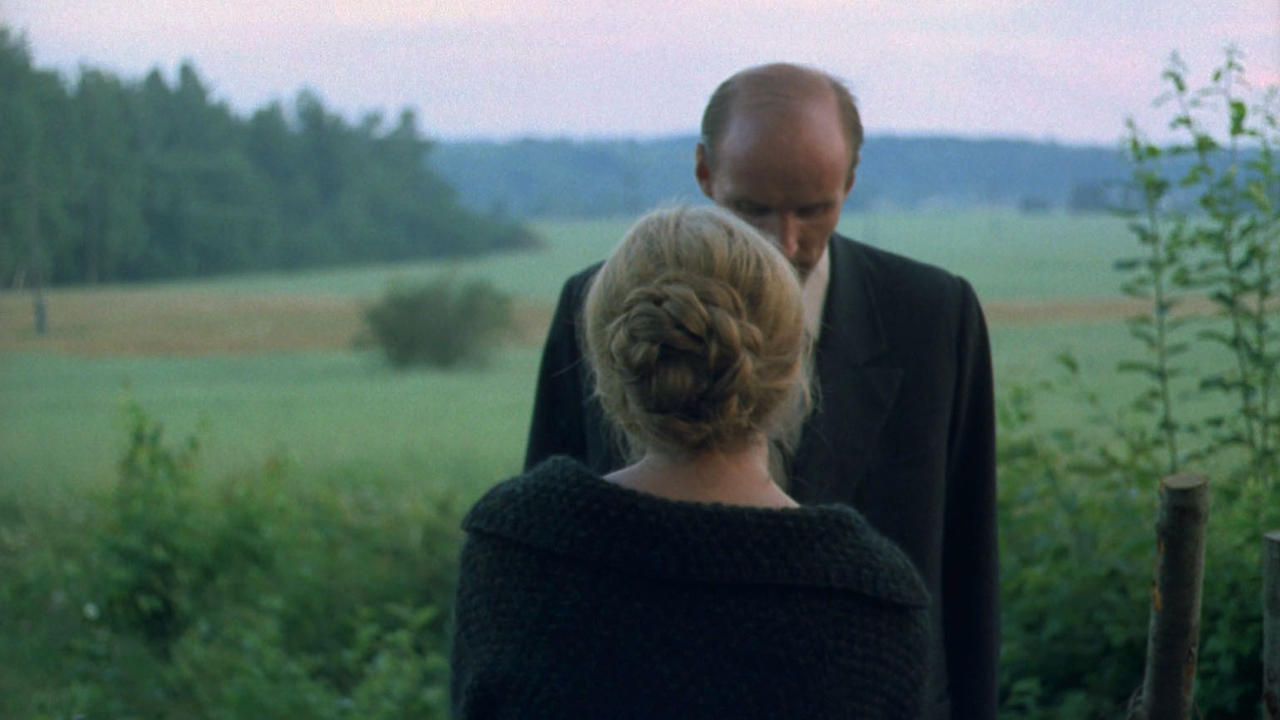
Probably the most complex film in Andrei Tarkovsky’s career, a filmmaker that was definitely not known for doing things in the simplest way, “The Mirror” is one of the best films in a career that is almost entirely composed by masterpieces.
In this film, a dying man remembers his past – his mother, his childhood, the war, the history of Russia and many moments from different periods of his life. This very poetical film by Tarkovsky uses historical footage, poetry, flashbacks and stunning cinematography to build an unique visual experience.
Those visually impressive shots and the dreamy aura of this film makes it one of the greatest in the career of one of cinema’s greatest auteurs. “The Mirror” is a very perplexing and sophisticated film that should definitely be watched multiple times.
4. Persona (1966, Ingmar Bergman)
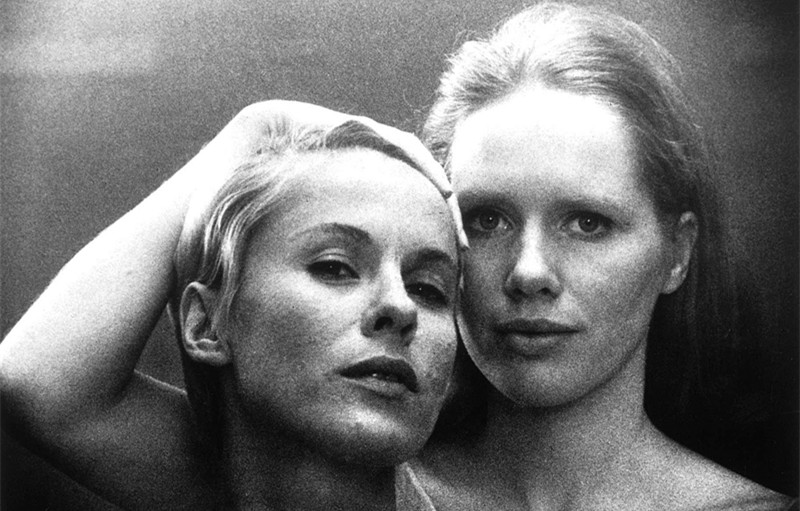
This beautiful and powerful movie directed by Swedish master Ingmar Bergman should definitely be considered among the best ever made.
Starring Liv Ullmann and Bibi Andersson in two of the best performances in film history, the movie follows the story of a young nurse who is in charge of Elisabeth Vogler, an actress who, although is seemingly in perfect health, is unable to talk. After talking to her and not receiving any response, Alma’s persona at one point seems to start being immersed in Elisabeth’s.
With beautiful black-and-white cinematography by Sven Nykvist, “Persona” has such intricate nuances, especially because it takes place in small spaces, and is further proof of how great of a screenwriter Bergman was.
The subtlety of Ullman’s and Andersson’s performances is a confirmation of how great actors can play with silence and occupy the whole screen with just their expressions. For the brilliant performances by the protagonists, the great writing and mise en scène, or for being one of the best movies in history, “Persona” should definitely be watched way more than once.
3. Mulholland Drive (2001, David Lynch)
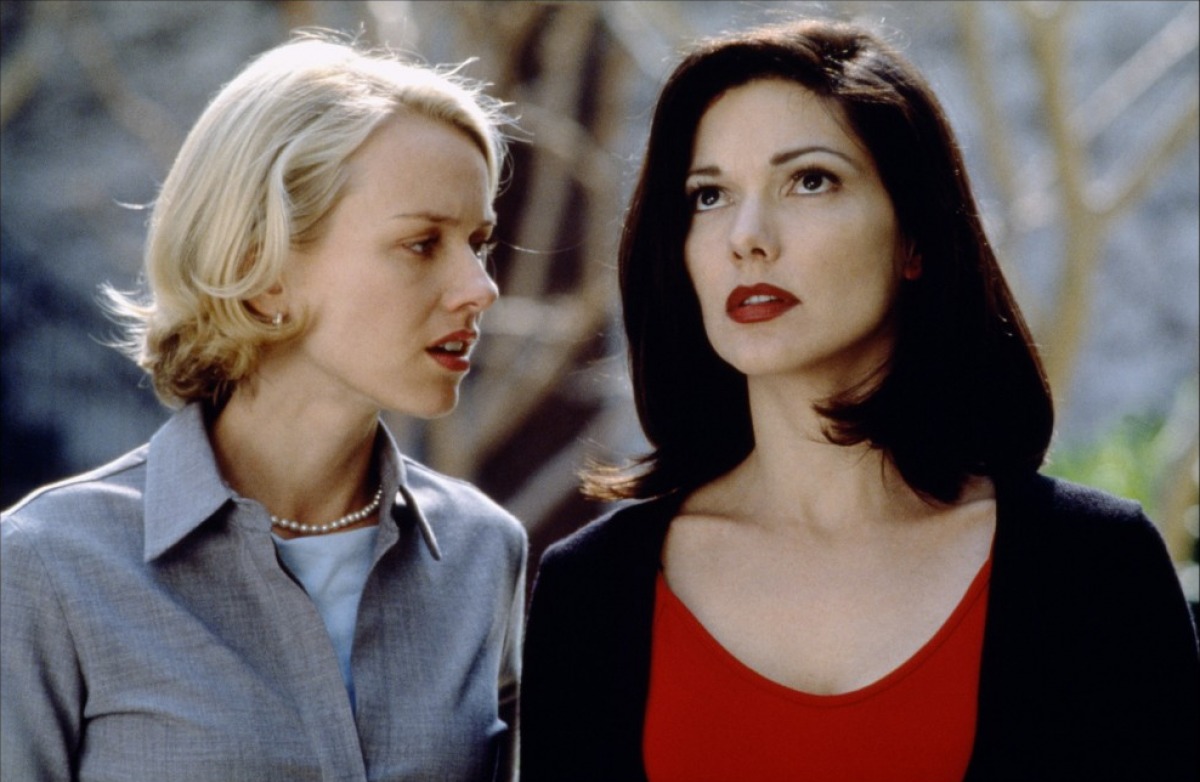
As we were talking about “Persona,” here is a film that definitely drew inspiration from Bergman’s masterpiece: “Mulholland Drive.”
Considered by the BBC as the best film of this century, “Mulholland Drive” stars Naomi Watts and follows the story of a young actress who goes to Hollywood and suffers amnesia after a car crash. But this plot does not even begin to describe how complex this film is.
With the dreamy and surreal atmosphere – as always – of David Lynch’s works, “Mulholland Drive” shares some connections with “Persona” and is a movie that always makes the audience get a different level of understanding with multiple viewings.
“Mulholland Drive” won the Prix de la Mise en Scène, the Best Director Award, at the Cannes Film Festival in 2001. Curiously, the president of that year’s Jury was Liv Ullman. Lynch shared the award with Joel Coen for the film “The Man Who Wasn’t There.”
For its great and astonishing complexity, “Mulholland Drive” is definitely Lynch’s masterpiece and should without a doubt be watched more than once.
2. Uncle Boonmee Who Can Recall His Past Lives (2010, Apichatpong Weerasethakul)
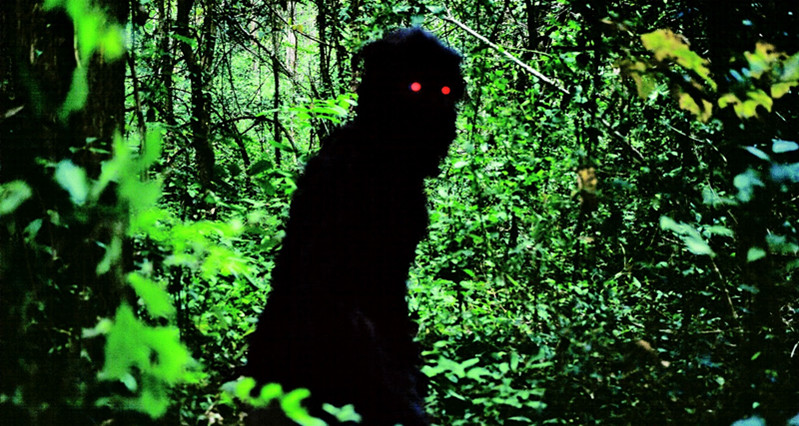
One of the best filmmakers working today, Apichatpong Weerasethakul won the Palme d’Or at the Cannes Film Festival with the film “Uncle Boonmee Who Can Recall His Past Lives.”
Following the story of Uncle Boonmee, a man whose kidney is nearly failing, the movie shows the last days of this man as he chooses to spend them with the people he loves in the countryside. In the film, his son returns in a non-human form and the spirit of his dead wife appears to him. One day, Boonmee goes through the jungle with his family to a cave that is the birthplace of his first life.
All the well-known traces of Weerasethakul’s work are in this film – and although the writer of this article does not believe that this is his best work, this movie is without a doubt a masterpiece. The contrast between the city and the countryside, the humanistic traces, the fantasy nuances and the slow paced movements are all over this movie.
“Uncle Boonmee Who Can Recall His Past Lives” is another masterpiece by Weerasethakul and definitely a movie that should be watched more than once.
1. 2001: A Space Odyssey (1968, Stanley Kubrick)
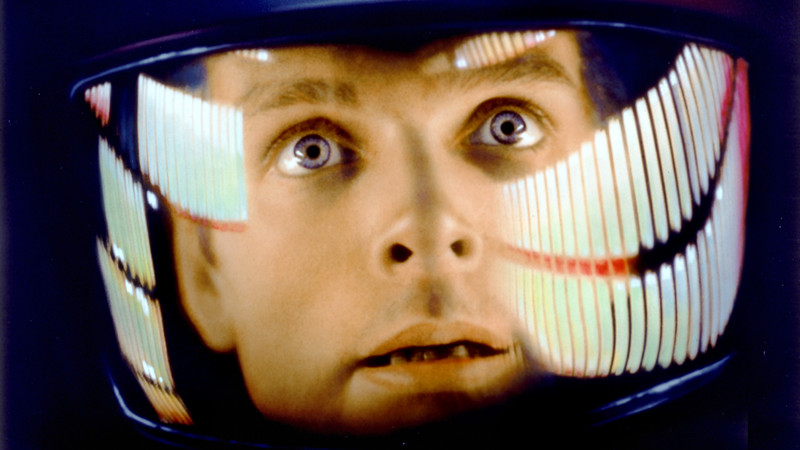
Some people like to say that Stanley Kubrick is the best director of all time. And some people like to say that “2001: A Space Odyssey” is the best film of all time. What are your thoughts on that?
Based on the novel by sci-fi legend Arthur C. Clarke, “2001: A Space Odyssey” is a story where a human and a machine try to reach the placers of a monolith to achieve the next level of evolution, and is probably the best work in the career of Stanley Kubrick.
With astonishing visual effects and one of the best villains in cinema history, HAL 9000, “2001: A Space Odyssey” needs multiple viewings and definitely gets even more complex if you watch it more than once.
For its startling visuals and its approach on the history of humanity, but especially for getting even more complex with multiple viewings, “2001: A Space Odyssey” deserves, without a doubt, the spot at the top of this list.
Author bio: Vítor Guima is a filmmaker, writer and musician from São Paulo, Brazil. Every day he watches a movie, reads a few pages from a book, listens to an album and freaks out with the feeling of not having enough time to see everything. You can follow him on Instagram on @ovitorguima.